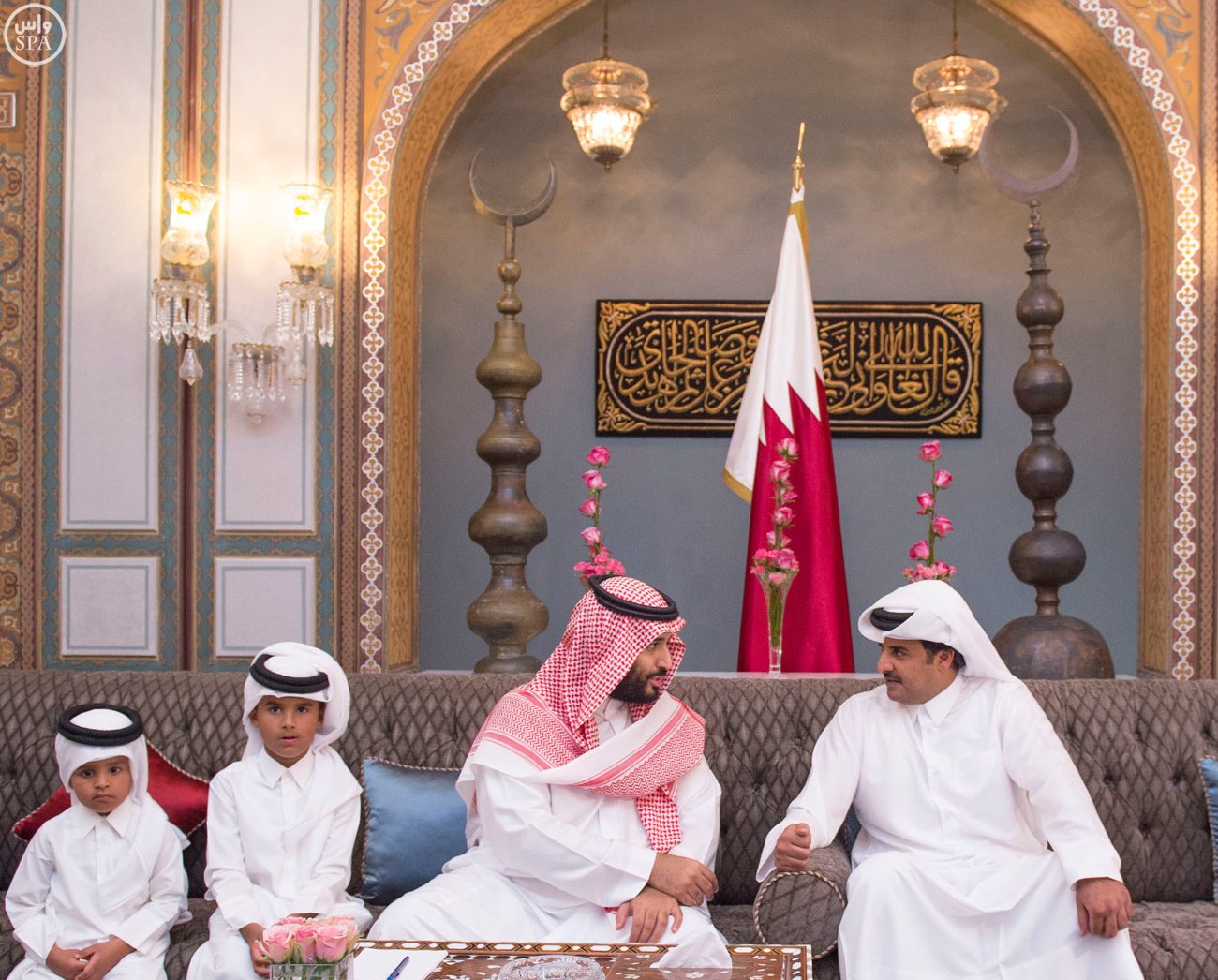The foreign ministers of four Arab countries led by Saudi Arabia said they regretted Qatar’s “negative” response to their list of demands and said the blockade of the country would continue.
Saudi Arabia, Egypt, Bahrain and the UAE severed ties with Qatar last month and Saudi Arabia has closed its airspace and land border with the country.
While Qatar’s full response to the demands was not revealed, Egypt’s top diplomat said Qatar’s answers were “overall negative and lacked any substance.”
“This position shows the lack of awareness of how dangerous the situation is,” Egyptian Foreign Minister Sameh Shoukry said in Cairo.
Saudi Arabia’s foreign minister Adel Al-Jubeir said further steps would be taken against Qatar at the appropriate time, and would be in line with international law, according to CNN. “We’re not doing this because we want to hurt Qatar, we’re doing this to help Qatar,” Al-Jubeir said.
But in an op-ed published today in the New York Times, Qatar’s ambassador to Russia blasted the “illegal” blockade of Qatar and said it was based on “wild accusations.” In response to accusations of supporting Houthi rebels in Yemen, Fahad bin Mohammed al-Attiya said the claim is an insult to the memory of Qatari soldiers who were killed fighting the Houthis.
“The Gulf bloc also came up with a list of purported terrorist groups and individuals whom Qatar supposedly hosts or sponsors. One of them is, in fact, a Yemeni Salafist leader who lives in Riyadh, the Saudi capital. Others named do not live in Qatar and have no connection to Doha,” Al-Attiya wrote.
The joint statement issued by the four countries introduced the concept of six principles that Qatar is encouraged to abide by:
“It was stressed that the position of the four countries is based on the importance of abiding by the international conventions, charters, resolutions and principles established in the charters of the United Nations, the League of Arab States, the Organization of Islamic Cooperation and the conventions against international terrorism, with an emphasis on the following principles:
1 – Commitment to combat extremism and terrorism in all their forms and to prevent their financing or providing safe havens.
2. Suspending all acts of provocation and speeches inciting to hatred or violence.
3. Full compliance with the Riyadh Agreement of 2013 and the supplementary agreement and its implementation mechanisms of 2014 within the framework of the Gulf Cooperation Council.
4. Adherence to all the outcomes of the Arab Islamic American Summit held in May 2017 in Riyadh.
5. Refraining from interfering in the internal affairs of states and from supporting illegal entities.
6. The responsibility of all states of the international community to confront all forms of extremism and terrorism as a threat to international peace and security.”









